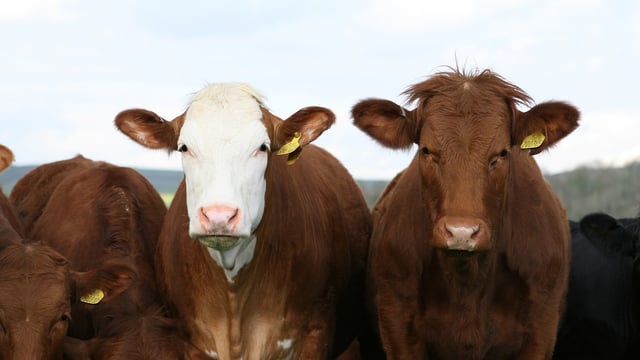Straw: To bale or chop now?
Minister for Agriculture, Food and the Marine, Charlie McConalogue, has confirmed an approximate €12 million fund for the amended Straw Incorporation Measure (SIM) and associated baling measure, which he revealed yesterday (Thursday, July 25).
This equates to the annual budget set aside under the five-year SIM programme agreed between the European Union and the Irish government.
Only farmers who applied for the original SIM back in the spring will be eligible for the new measure regarding baling straw.
Growers can now identify those fields they wish to bale. These opt-out areas will be eligible for the new baling payment of €175/ha only.
The amended SIM ensures that tillage farmers growing oilseed rape in 2024 can still receive the support they would have initially expected to chop the straw produced by these crops.
Full details relating to the amended SIM are expected to be published by the Department of Agriculture, Food and the Marine (DAFM) over the coming days.
Meanwhile, the straw market continues to strengthen. Prices of €30 for a standard 4x4 bale are already being widely quoted. And these figures are likely to increase further over the coming weeks.
The coming days will see a major push made by growers to complete the winter barley harvest. The weather forecast for the coming days is good enough to allow combines complete the work at hand.
Reported yields from crops of winter barley harvested up to this point have been disappointing: 2.5t/ac to 4t/ac.
All of this puts a significant focus on the need for growers to maximise the quality of the straw that will become available to them over the coming days.
Key here is the need to get the baler in action as quickly as possible, weather permitting, and removing bales from fields with equal efficiency.
When removing bales from the field it is necessary to be careful and have this job done by a skilled driver in order to avoid accidents.
The job must be properly planned to ensure machinery is appropriate and safe, drivers are aware of ground conditions including slopes and the presence of overhead power lines.
Drivers should travel at an appropriate safe speed and be considerate of other road users.
Last year saw large quantities of straw lying untouched for week. This was a direct result of the poor weather at the time. The resulting quality of the bales that were eventually made was very disappointing.
Heating of straw should be avoided at all costs. For this reason, bales should not be moved to a shed or other indoor storage area until the risk of them catching fire has fully abated.





